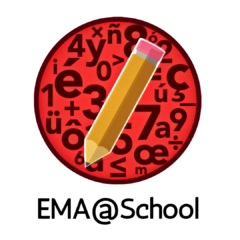
The Early Math Assessment @ School (EMA@School) is an early numeracy screener designed to identify students in kindergarten to grade 3 who are underachieving relative to their peers. This assessment measures vital skills in numeracy development such as number comparison, transcoding numbers, number line placement, and arithmetic fluency. The goal of this screener is to be a tool in the classroom to inform educators about which students may require extra assistance. The EMA is currently working towards being implemented in projects such as the AIM Collective.
Visit the EMA website to find out more.
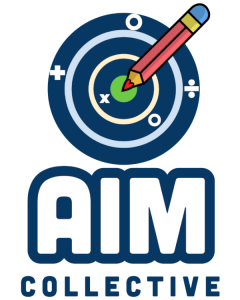
AIM, or Assessment and Instruction for Mathematics, is a collective dedicated to the creation and curation of evidence-informed, teacher-approved mathematics assessment and instructional strategies. AIM’s ultimate goal is to support all children in reaching their full potential in math education. By building a community of researchers and educators, AIM aims to mobilize knowledge and facilitate the sharing of tools and resources to support effective math education.
Visit the AIM collective website to find out more.
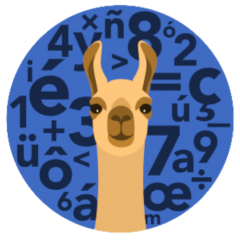
Researchers in Canada and Northern Ireland have explored LLAMA questions with several different groups of students. Students participated in 2018 and 2019. Further longitudinal data was unavailable due to COVID-19. However, we have found many interesting results and are still busy analyzing the data and planning a new phase.
Visit the LLAMA Project website to find out more.

ToyBox is a project collaboration with the University of Winnipeg. This project provides parents and caregivers with children between the ages of 2-8 years old free literacy and numeracy support. ToyBox involves activities for children at different levels that focus on letters, numbers, or wellness.The goal of this collaboration is to create access to evidence-supported activities to families with young children.
Visit the ToyBox website to find out more.
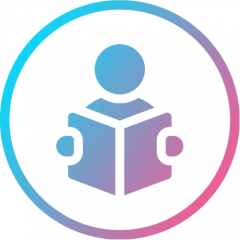
The Literacy Development project started in 2021. Researchers from Carleton University’s Department of Cognitive Science, Department of Psychology, and School of Linguistics and Language Studies are exploring questions concerning reading difficulties and approaches to intervention with several different groups of students.
Visit the Literacy Development website to find out more.
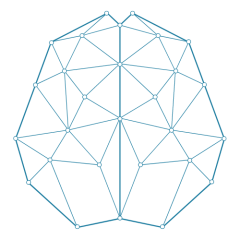
The Studies of Fundamental Cognitive Processes (funded by NSERC) is a project that is concerned with research questions on fundamental numerical processes and their relations with mathematical skills. Currently, we focus on understanding the cognitive processes involved in ordinality judgment, mental arithmetic, multi-media information representation, and rational number understanding in adults, using response times and eye-tracking techniques. In addition, we also explore the early development of these processes in children and their relations to mathematical skills.